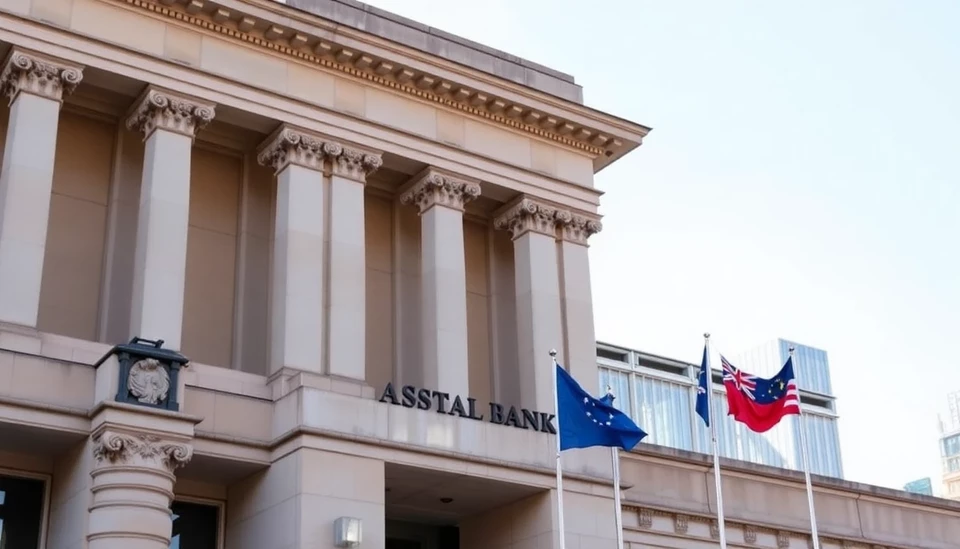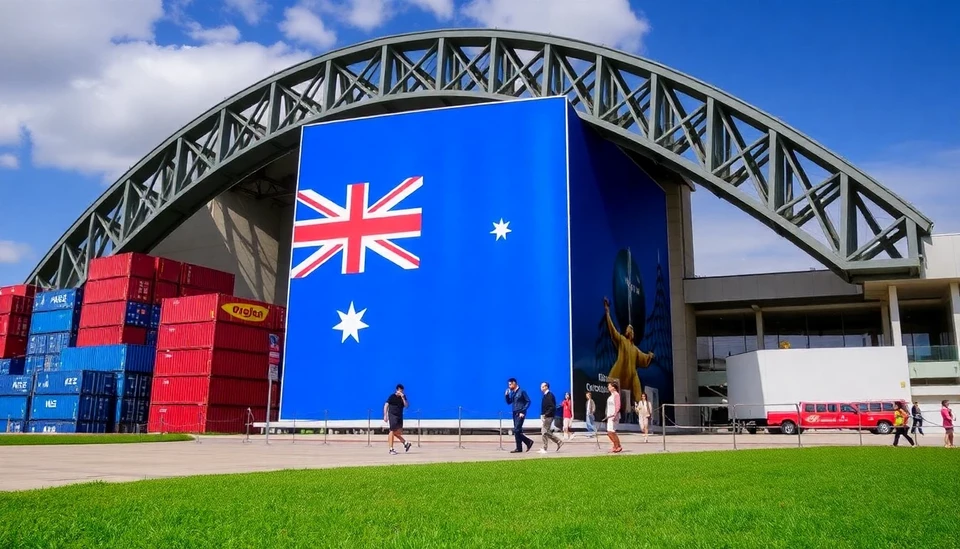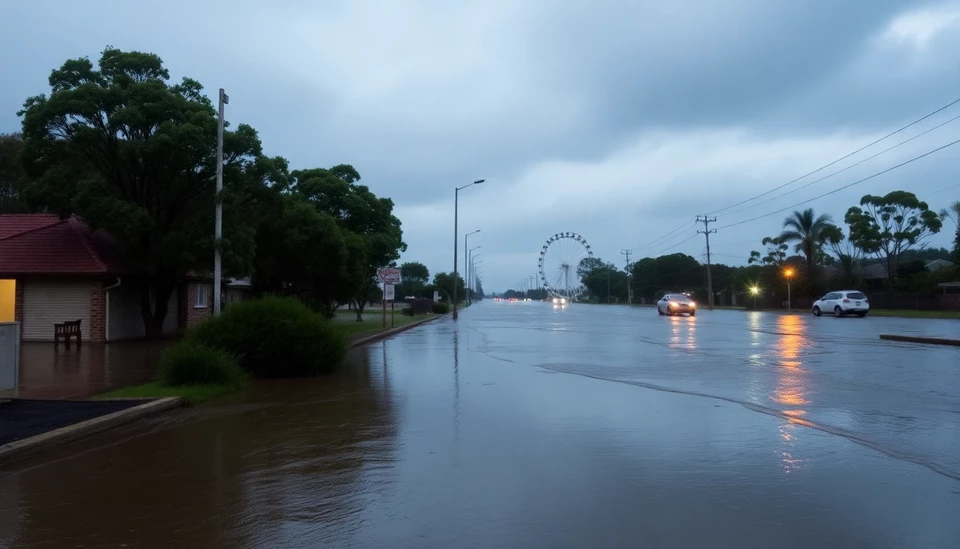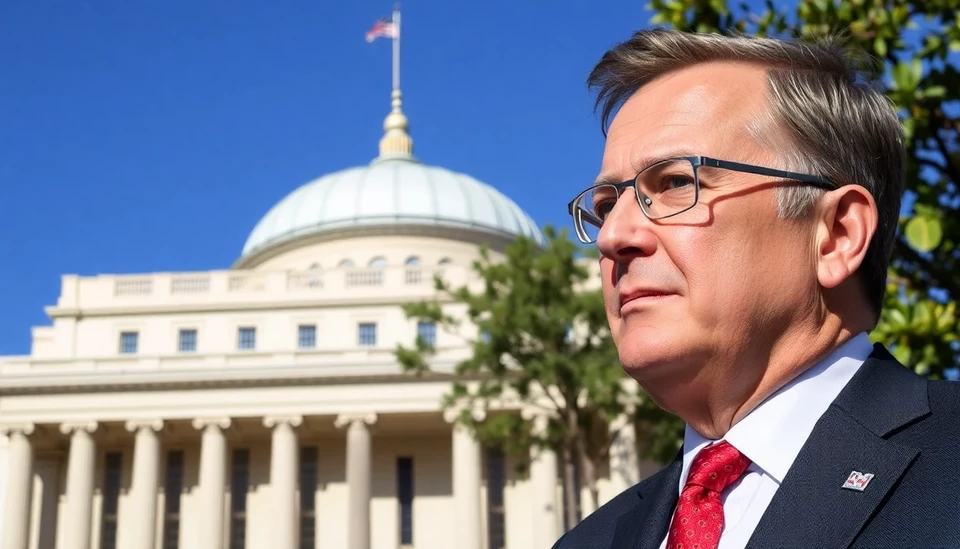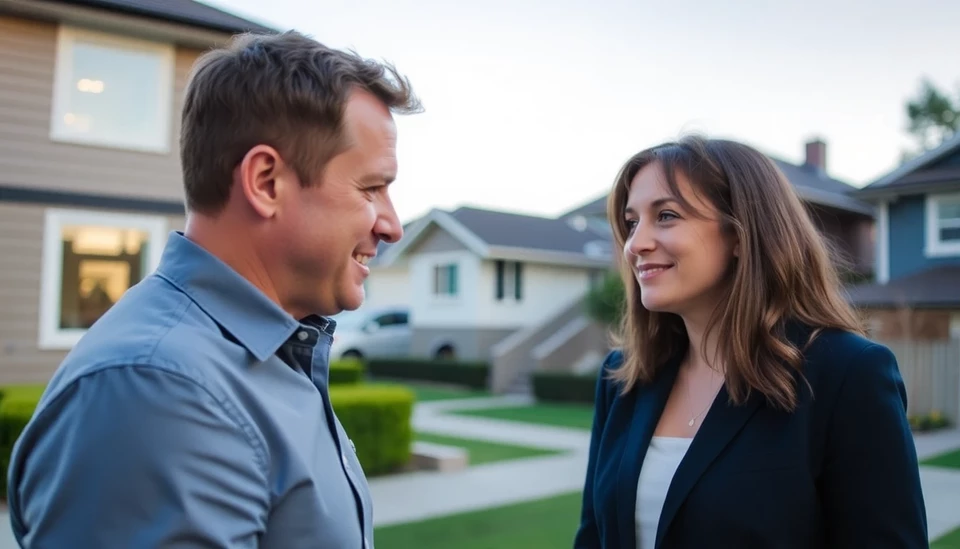
In a remarkable turn of events, Australian house prices have surged to unprecedented levels ahead of the upcoming federal election in May. This surprising trend not only reflects the resilience of the housing market but also hints at the potential implications for policymakers and voters as the country gears up for a significant political shift.
According to newly released data, the median house prices across key Australian cities have climbed to record highs, driven by a combination of factors including low interest rates, a robust demand for homes, and a tightening supply. This price increase has been observed particularly in metropolitan areas such as Sydney and Melbourne, where the real estate market continues to flourish despite ongoing economic uncertainties.
Real estate experts are weighing in on this upward trajectory, citing that the substantial increase in housing prices is a reflection of the ongoing demand, especially from first-time homebuyers and investors who are eager to capitalize on favorable borrowing conditions. Many individuals are looking to secure their own homes before potential policy changes that could arise from the electoral process.
This surge in property values is particularly pertinent as the Labor party prepares to challenge the incumbent Coalition government. Political analysts note that any significant shifts in housing policies or regulations could sway voter sentiment, as housing affordability remains a crucial issue within the national discourse. The rising prices may compel many citizens to reflect on the current government’s handling of the housing crisis and influence their voting decisions.
Some experts predict that the imminent election could trigger further volatility in the housing market. As parties ramp up their campaigns, promises of reform in housing policy are likely to surface, potentially shaping market dynamics in the months leading up to and following the election.
While the current housing boom brings optimism to some buyers and real estate agents, economists caution that this rapid appreciation in home values raises concerns about affordability and the risk of a housing bubble. With many Australians potentially facing increased mortgage repayments against a backdrop of rising interest rates, the sustainability of this trend remains in question.
The next few weeks will be critical, as candidates hit the campaign trail and present their visions for Australian housing policy. It will be fascinating to see how the electorate reacts to these promises and whether they translate into action if a new government is elected. As the country braces for an electoral showdown, the outcome could hold profound implications for both the housing market and homebuyers alike.
In conclusion, the Australian housing market is currently experiencing a high-strain situation, where new price records coincide with significant political transitions. The interplay between housing affordability, election strategies, and market behavior will undoubtedly be an area to watch in the coming weeks.
#Australia #HousingMarket #Election2025 #PropertyPrices #RealEstate #GovernmentPolicy
Author: Samuel Brooks
